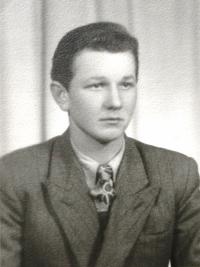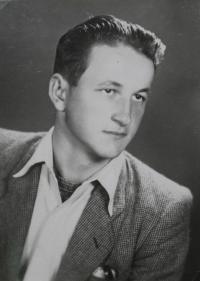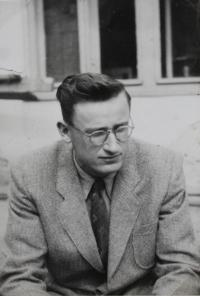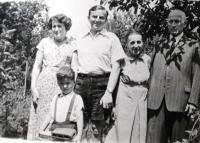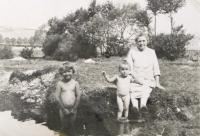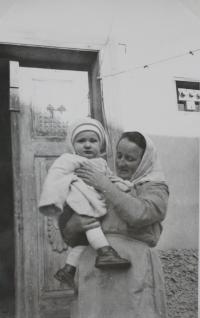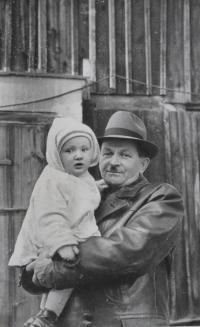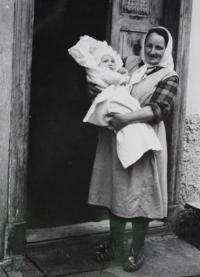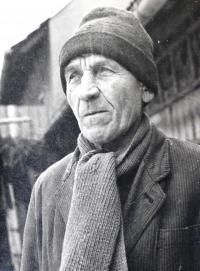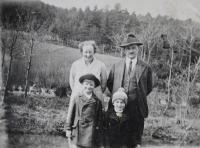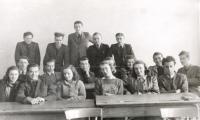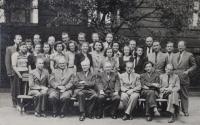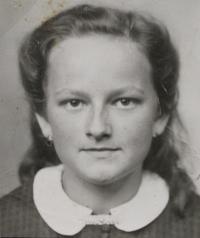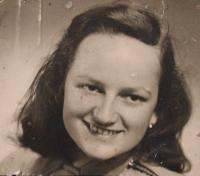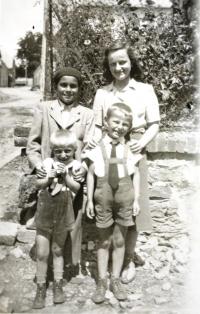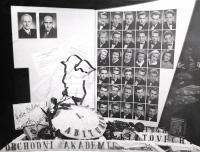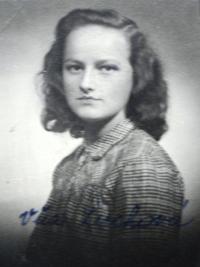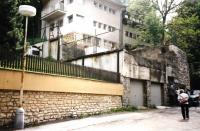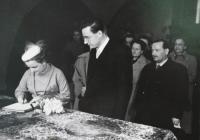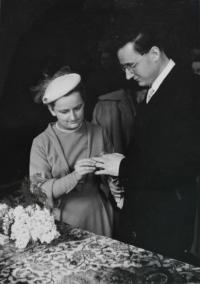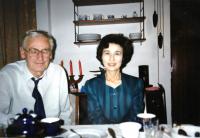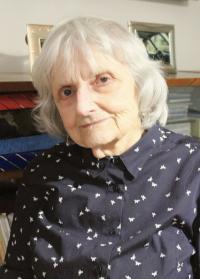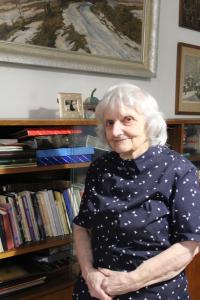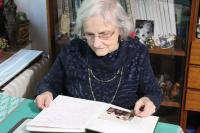I believe people should help each other

Stáhnout obrázek
Věra Fexová, née Lerchová, was born on 3 May, 1929 in Velhartice in the Klatovy region, where she spent her youth. In 1944, following the closing of Czech schools, she worked as forced labour in agriculture. At the end of WW2 she used to bring food to the prisoners captured in the castle of Velhartice. Following studies at the school of commerce in Klatovy and graduation in 1948 she considered emigration. Within a construed political process her two uncles were imprisoned and sentenced to serve many years in the Jáchymov prison. The communists did not allow the witness to work in the sphere of education, so she began working in Centrotex and the ministry of foreign trade. After refusing to join the communist party she had to leave the ministry and began working in the Prague office of the Strakonice armoury factory. Following maternity leave she worked in the Czech Radio and the Czech TV. In 1969 her childhood dream came true and she became a teacher at the middle school of commerce in Prague - Vršovice, from where she retired in 1982. Currently she lives in Prague 5 - Barrandov in her family circle.
